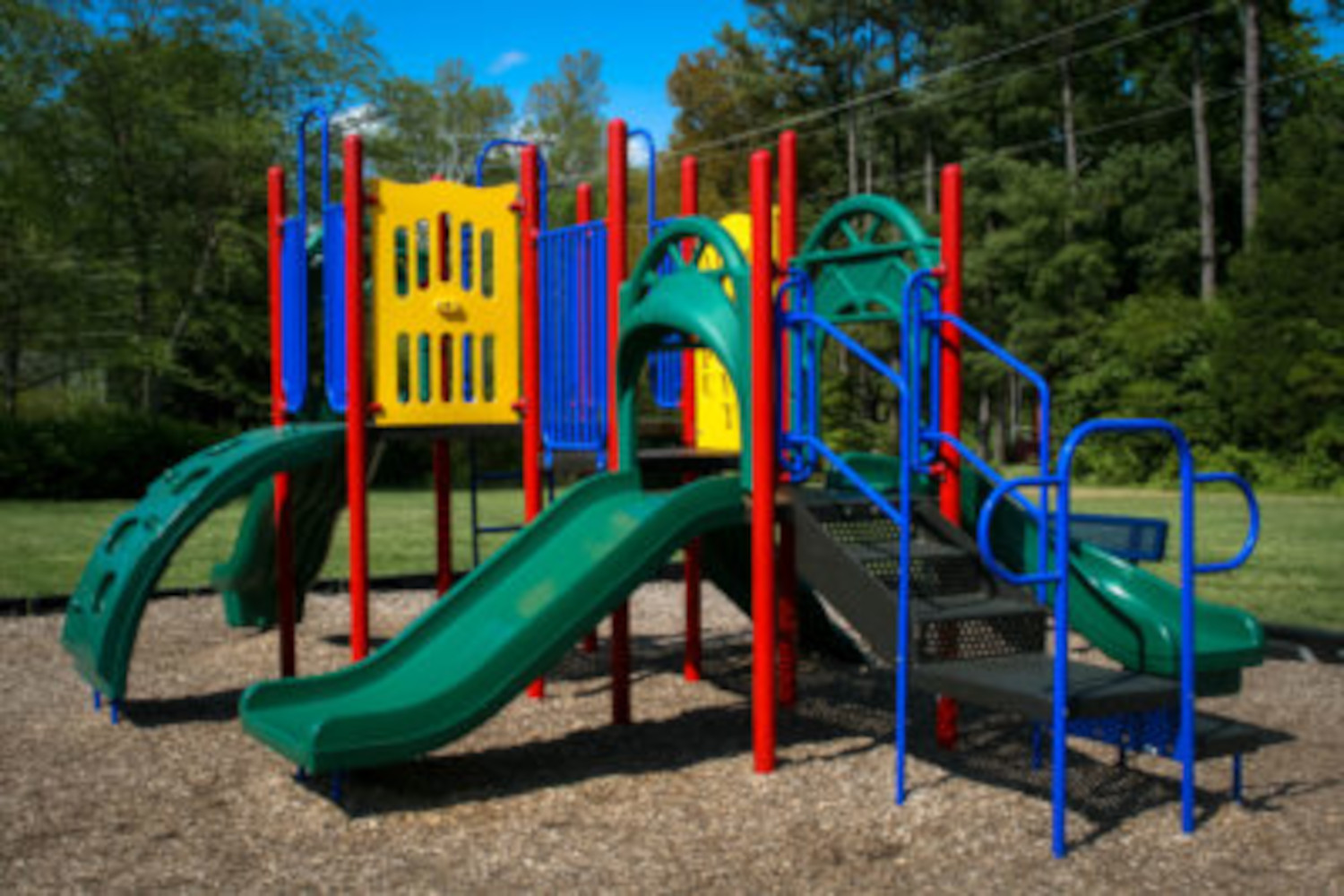

What’s that smell? What’s that sound? What am I looking at? Whatever it is offends me. Could it be a nuisance? Condominium associations in Florida deal with nuisances on a regular basis, from sight, smell and sounds. The biggest problem in addressing nuisance issues is defining exactly what constitutes a nuisance. Generally, nuisance is defined in Black’s Law Dictionary as “a condition or situation that interferes with the use or enjoyment of property.” This definition is vague and leaves room for interpretation.








